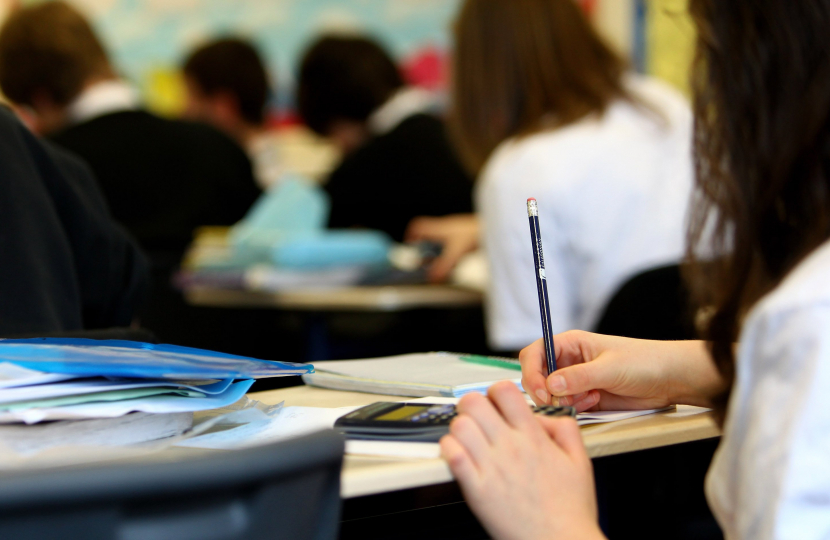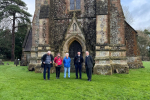
In my first Herald/Post column for 2024 I thought I’d write about some developments in education that I ran out of column-weeks to write about last year.
There have been some great milestones in the last year, brought about by the dedication of teachers and school leaders.
Every five years there is a study called PIRLS (Progress in International Reading Literacy Study) which looks at reading achievement and comprehension among hundreds of thousands of primary school children around the world.
In 2023 we got the results for the most recent study cycle, and it showed England’s children were placed 4th in the world, the highest of any western-world nation.
Then at the end of the year we got the results of the comparative study of secondary-age pupils, that the OECD does every few years, called PISA (Programme for International Student Assessment).
This showed that right around the world, Covid has given a real knock to education. Many countries are now investing in initiatives like our National Tutoring Programme to help with catch-up.
PISA also showed that England’s performance compared to other countries climbed again. This was particularly marked in maths, where England was ranked 11th in the world, up from 17th in the previous study in 2018, and up from 27th in 2009.
Remarkable achievements indeed from teachers, school leaders, parents and children.
There has also been a key focus in England since 2010 on primary phonics, and programmes such as ‘maths mastery’, which had already proved very effective in some of the highest-performing jurisdictions in the world.
In education, things take time to take full effect and you must always think well ahead. Just before Christmas we launched a consultation on a qualification suite that will be done at sixth-form age by today’s year ones.
This is the Advanced British Standard, a key reform for education at 16-18, building on A Levels and T Levels.
The ABS will give youngsters an opportunity to study a broader range of subjects, and get more taught hours in college, with everyone keeping up maths and English in some form.
It is common internationally to study maths and the native language to 18, and this will bring us further into line with nations such as France, Germany and the US.
A key purpose of the ABS is to break down the artificial barrier between academic and vocational study. This should not be an either/or decision. And anyway, in the modern world, so many careers require both.
The baccalaureate-style qualification will see students study a minimum of five subjects, between ‘majors’ and ‘minors’, creating greater choice for students and keeping more options open.
The consultation is open now and runs until 20th March.
Next week, I will write about another key part of education and one where we have seen massive progress, and great successes in East Hampshire. The subject: apprenticeships.
In the meantime, may I wish you a very happy new year.


